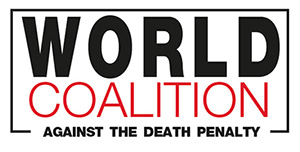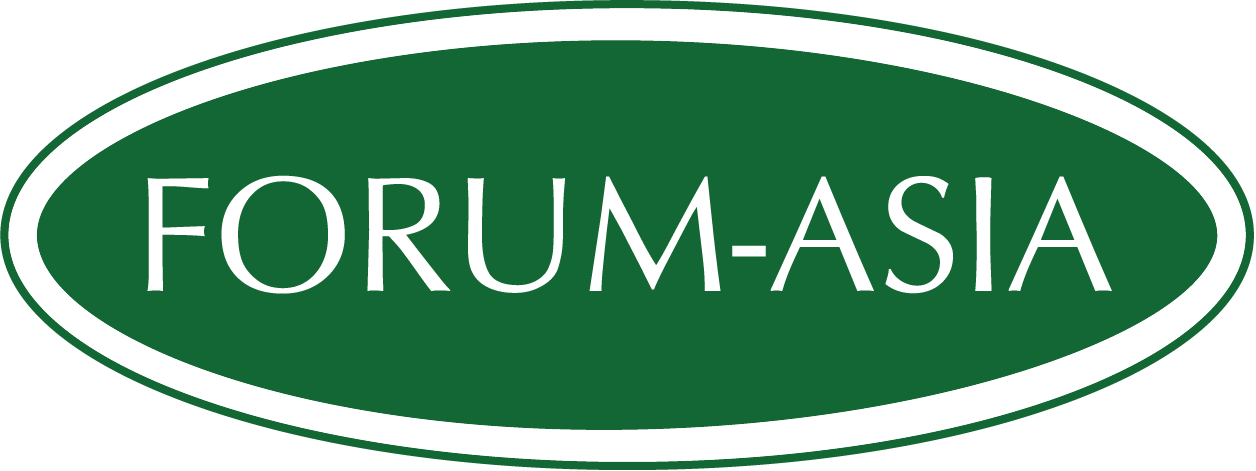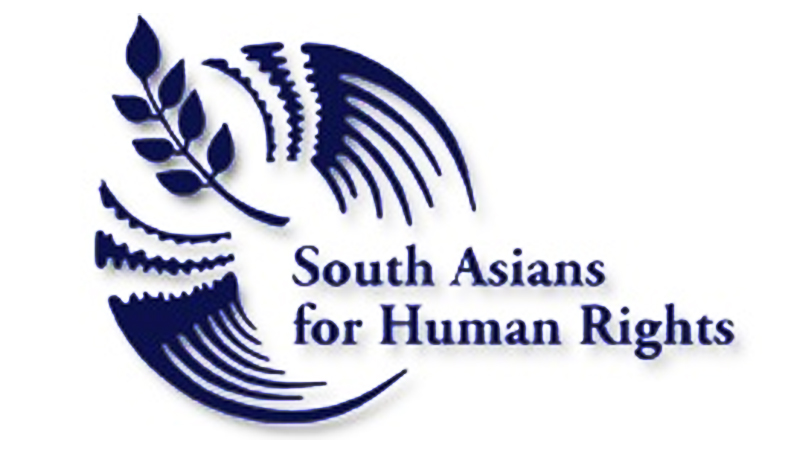Bloggers and Netizens Behind Bars: Restrictions on Internet Freedom in Vietnam
Paris, Tuesday 13 February – In a new joint report released today, FIDH and its member organization, the Vietnam Committee on Human Rights, call on the Vietnamese government to end its escalating assault on freedom of expression and its criminalization of bloggers and netizens.
The 42-page report, entitled “Bloggers and Netizens Behind Bars: Restrictions on Internet Freedom in Vietnam”, highlighted the Internet as an increasingly popular source of independent news and a platform for civic activism in Vietnam, home to the region’s fastest growing population of Internet users. Bloggers and human rights defenders increasingly resort to the Internet to voice their political opinions, expose corruption, and draw attention to land-grabbing and other official abuses of power. At the same time, Internet users in Vietnam also face long-standing draconian restrictive legislation, policies and practices, while the government has intensified its crackdown on freedom of expression, both online and offline, since 2010.
The FIDH and the VCHR have documented 32 bloggers and netizens currently detained, charged, and/or sentenced to prison terms in Vietnam for their peaceful online dissent or criticisms of government policies. Their prison terms range from two to 16 years. In a series of unfair trials over the past 12 months alone (January 2012 – January 2013), 22 bloggers and netizens were sentenced to a total of 133 years in prison and 65 years probationary detention for their peaceful online activism. 17 of those currently behind bars, including three women, were sentenced under the draconian Article 88 of the Criminal Code, which carries a maximum penalty of 20 years’ imprisonment for the ill-defined offense of “anti-State propaganda.” In one recent trial on 9 January 2013 alone, 13 people were sentenced to a total of over 100 years in prison solely for the peaceful exercise of their freedom of expression.
“Article 88 and other ‘national security’ provisions of the Criminal Code fly in the face of Vietnam’s obligations under international human rights law,” said Souhayr Belhassen, FIDH President. “Instead of engaging in the futile exercise of gagging the Internet, it should immediately end the practice of making speech a crime and overhaul its repressive legal framework to ensure respect and protection of the right to freedom of expression, regardless of medium.”
The Vietnamese authorities at all levels routinely subject bloggers and netizens who dare to criticise them to arbitrary detention, harassment, intimidation, assaults and violations of fair trial rights. The report also profiles nine bloggers and their peaceful writings on the Internet. Prominent blogger Nguyen Van Hai (aka Dieu Cay) and members of the Club of Free Journalists, whose online writings criticised Article 88 of the Criminal Code, were ironically detained under the same article and sentenced harshly on 24 September 2012 to prison terms of up to 12 years. Although they protested their innocence, the conviction of Dieu Cay and Ta Phong Tan was upheld on appeal on 28 December 2012.
In September 2012, the assault on Internet freedom was taken to a new height when the Vietnamese prime minister himself issued an order to punish criticisms of the Communist Party and the government, targeting by name three dissident blogs, including the prominent Danlambao (Citizens’ Journalism) blog, which publishes a wide range of news, including those focused on politics and human rights.
The new draft Internet Decree currently under consideration is fatally flawed and inconsistent with international human rights law and standards. If adopted in its current form the Decree would oblige Internet companies and other providers of information to Internet users in Vietnam to cooperate with the government in enforcing the prohibition of a range of vaguely-defined acts of expression. Article 5 of the Decree prohibits vague acts as such as “abusing the provisions and use of the internet and information on the web” to “oppose the Socialist Republic of Vietnam”; “undermining the grand unity of the people” and “undermining the fine customs and traditions of the nation”. Article 25 requires the filtering of any information on the Internet based on the interpretation that such information is amongst the “prohibited acts” outlined in Article 5.
“As Vietnam steps up censorship by new laws and regulations, it is also intensifying Police repression, imprisonment, intimidation and even sexual assaults on young bloggers to frighten them into silence and self-censorship”, said VCHR President Vo Van Ai. “But it is too late. Through the Internet, a culture of protest is emerging in Vietnam. These bloggers and netizens are not “hostile forces” seeking to overthrow the regime by “peaceful evolution” as Hanoi claims. They are Vietnamese patriots who are using new technologies to call for their people’s legitimate freedoms and rights. Vietnam cannot suppress this movement simply by locking bloggers and netizens behind bars”.
Category: Media Monitoring






